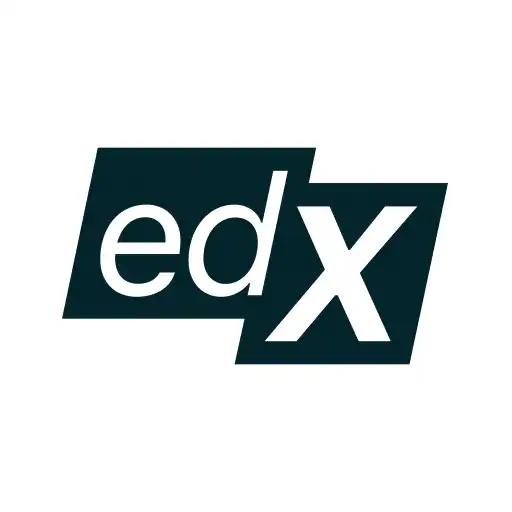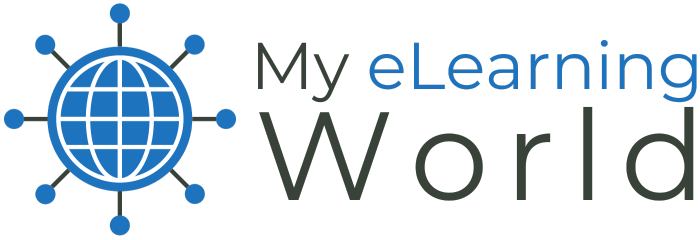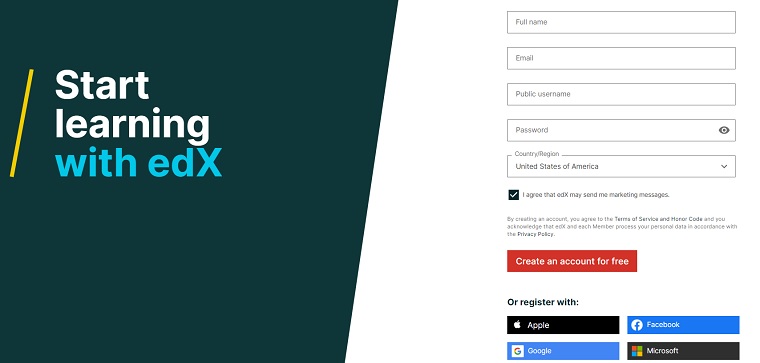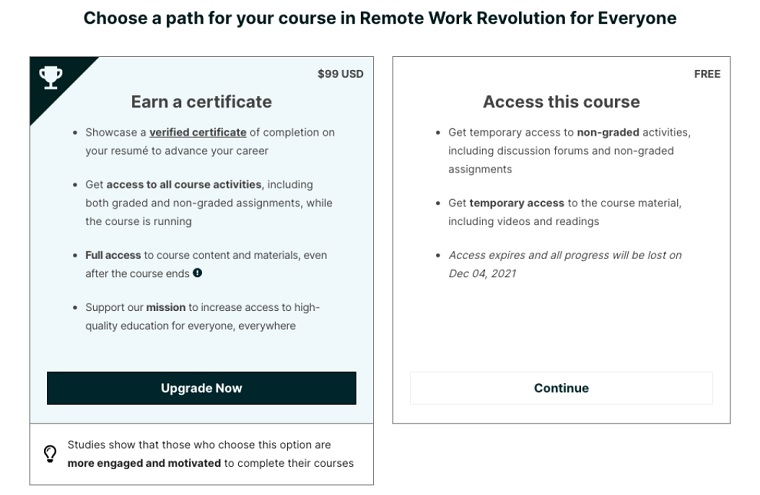Did you know there are dozens of Harvard free online courses you can take right now in a wide range of subjects?
I’ve been a huge eLearning advocate for two decades now because I love how it democratizes education, giving people all over the world the chance to learn from some of the most renowned universities in the world without leaving home — and without spending a dime. I’m passionate about the idea that everyone should have access to high-quality education, no matter their background or financial status.
That’s why it’s so exciting to me that Harvard has partnered with edX, one of the most popular online course websites, to offer a fantastic selection of online certificate classes you can take for free over the internet. You can even earn certificates for completing their courses, though you may have to pay a small fee if you want the certification. Otherwise, you can take as many of the Harvard free online courses as you want!
I’ve put together a complete master list of all Harvard online courses that are currently available to take for free in 2024.
All Harvard Free Online Courses Available in 2024
 HarvardX - Free Harvard Courses on edX
HarvardX - Free Harvard Courses on edX
Harvard University has partnered with edX to provide online learners with the same high-quality education they would receive in an Ivy League classroom. Harvard offers dozens of massive open online courses (MOOCs) across a wide range of topics.
Harvard has partnered with edX to offer more than free online courses in topics like computer science, data science, business management, entrepreneurship, law, and more.
All of these courses can be taken for free with no hidden fees or anything, but if you want to get a certificate for completing the course (such as for sharing on your resume), you may need to pay a small fee in some cases.
Here’s a look at the 160+ Harvard free online courses available at the time of this article’s publication, sorted by subject:
Architecture
- The Architectural Imagination
Art & Culture
- Pyramids of Giza: Ancient Egyptian Art and Archaeology
- Shakespeare’s Othello: The Moor
- 18th-Century Opera: Handel & Mozart
- First Nights – Beethoven’s 9th Symphony and the 19th Century Orchestra
- First Nights – Stravinsky’s
- 19th-Century Opera: Meyerbeer, Wagner, & Verdi
- First Nights – Handel’s Messiah and Baroque Oratorio
- First Nights – Monteverdi’s L’Orfeo and the Birth of Opera
- Rite of Spring: Modernism, Ballet, and Riots
- First Nights – Berlioz’s Symphonie Fantastique and Program Music in the 19th Century
Business & Management
- Exercising Leadership: Foundational Principles
- Entrepreneurship in Emerging Economies
- Contract Law: From Trust to Promise to Contract
- Remote Work Revolution for Everyone
- Leadership: Creating Public Value
- Technology Entrepreneurship: Lab to Market
- Improving Your Business Through a Culture of Health
- Food Systems Live!: Entrepreneurship in Emerging Economies
Communications
- Leaders of Learning
Computer Science
- CS50’s Introduction to Programming with Python
- CS50’s Introduction to Artificial Intelligence with Python
- CS50’s Introduction to Programming with Scratch
- CS50’s Introduction to Computer Science
- CS50’s Web Programming with Python and JavaScript
- CS50’s Introduction to Game Development
- CS50’s Understanding Technology
- CS50’s Computer Science for Business Professionals
- CS50’s Computer Science for Lawyers
- CS50’s Mobile App Development with React Native
- Using Python for Research
- CS50’s AP® Computer Science Principles
Data Analysis & Statistics
- Data Science: R Basics
- Data Science: Machine Learning
- Introduction to Data Science with Python
- Principles, Statistical and Computational Tools for Reproducible Data Science
- Data Science: Visualization
- Data Science: Probability
- High-Dimensional Data Analysis
- Statistics and R
- Data Science: Inference and Modeling
- Data Science: Linear Regression
- Data Science: Capstone
- Data Science: Wrangling
- Data Science: Productivity Tools
- Introduction to Probability
- Fundamentals of TinyML
- Deploying TinyML
- Applications of TinyML
- Causal Diagrams: Draw Your Assumptions Before Your Conclusions
- Case Studies in Functional Genomics
- Introduction to Bioconductor
- Statistical Inference and Modeling for High-throughput Experiments
- Advanced Bioconductor
- MLOps for Scaling TinyML
- Big Data Solutions for Social and Economic Disparities
Education
- Early Childhood Development: Global Strategies for Implementation
- Introduction to Family Engagement in Education
- Introduction to Data Wise: A Collaborative Process to Improve Learning & Teaching
- Saving Schools: Reforming the U.S. Education System
Environmental Studies
- The Health Effects of Climate Change
- Energy Within Environmental Constraints
- The Climate-Energy Challenge
Health & Medicine
- Bioethics: The Law, Medicine, and Ethics of Reproductive Technologies and Genetics
- Prescription Drug Regulation, Cost, and Access: Current Controversies in Context
- Innovating in Health Care
- United States Health Policy
- MalariaX: Defeating Malaria from the Genes to the Globe
- Practical Improvement Science in Health Care: A Roadmap for Getting Results
- Readings in Global Health (2017)
- Mechanical Ventilation for COVID-19
- Ventilación mecánica para pacientes con COVID-19
- Improving Global Health: Focusing on Quality and Safety
- The Opioid Crisis in America
- Humanitarian Response to Conflict and Disaster
- Strengthening Community Health Worker Programs
- Lessons from Ebola: Preventing the Next Pandemic
- Global Health Case Studies from a Biosocial Perspective
History
- PredictionX: John Snow and the Cholera Epidemic of 1854
- PredictionX: Lost Without Longitude
- Women Making History: Ten Objects, Many Stories
- China’s Political and Intellectual Foundations: From Sage Kings to Confucius
- Contemporary China: The People’s Republic, Taiwan, and Hong Kong
- China and Communism
- China’s First Empires and the Rise of Buddhism
- Modern China’s Foundations: The Manchus and the Qing
- Cosmopolitan Tang: Aristocratic Culture in China
- Invasions, Rebellions, and the Fall of Imperial China
- Creating Modern China: The Republican Period to the Present
- Global China: From the Mongols to the Ming
- Literati China: Examinations, Neo-Confucianism, and Later Imperial China
Humanities
- Rhetoric: The Art of Persuasive Writing and Public Speaking
- Justice
- Religion, Conflict and Peace
- Tangible Things: Discovering History Through Artworks, Artifacts, Scientific Specimens, and the Stuff Around You
- The Book: The Medieval Book of Hours: Art and Devotion in the Later Middle Ages
- The Book: The History of the Book in the 17th and 18th Century Europe
- The Book: Monasteries, Schools, and Notaries, Part 1: Reading the Late Medieval Marseille Archive
- The Book: Making and Meaning in the Medieval Manuscript
- The Book: Print and Manuscript in Western Europe, Asia and the Middle East (1450-1650)
- The Book: Books in the Medieval Liturgy
- The Book: Scrolls in the Age of the Book
- The Book: Book Sleuthing: What 19th-Century Books Can Tell Us About the Rise of the Reading Public?
- The Book: Monasteries, Schools, and Notaries, Part 2: Introduction to the Transitional Gothic Script
- Introduction to Digital Humanities
- Christianity Through Its Scriptures
- Buddhism Through Its Scriptures
- Islam Through Its Scriptures
- Hinduism Through Its Scriptures
- Judaism Through Its Scriptures
- Sikhism Through Its Scriptures
- Religious Literacy: Traditions and Scriptures
- The Jewish Bible: Its History As A Physical Artifact
- Justice Today: Money, Markets, and Morals
- The Einstein Revolution
- Digital Humanities in Practice: From Research Questions to Results
- China Humanities: The Individual in Chinese Culture
- The Ancient Greek Hero
Literature
- Masterpieces of World Literature
- Shakespeare’s Hamlet: The Ghost
- Modern Masterpieces of World Literature
- Shakespeare’s Life and Work
- Japanese Books: From Manuscript to Print
- Ancient Masterpieces of World Literature
- Shakespeare’s The Merchant of Venice: Shylock
- Poetry in America: Modernism
- Poetry in America: Whitman
- Poetry in America: The Civil War and Its Aftermath
- ChinaX Book Club: Five Authors, Five Books, Five Views of China
Math
- Calculus Applied!
- Introduction to Linear Models and Matrix Algebra
- Fat Chance: Probability from the Ground Up
Philosophy
- The Path to Happiness: What Chinese Philosophy Teaches Us about the Good Life
Science
- Fundamentals of Neuroscience, Part 1: The Electrical Properties of the Neuron
- Human Anatomy: Musculoskeletal Cases
- Principles of Biochemistry
- PredictionX: Omens, Oracles & Prophecies
- Food Fermentation: The Science of Cooking with Microbes
- Cell Biology: Mitochondria
- Super-Earths and Life
- Quantitative Methods for Biology
- Child Protection: Children’s Rights in Theory and Practice
- Science & Cooking: From Haute Cuisine to Soft Matter Science (chemistry)
- Fundamentals of Neuroscience, Part 3: The Brain
- Fundamentals of Neuroscience, Part 2: Neurons and Networks
- Backyard Meteorology: The Science of Weather
- Science & Cooking: From Haute Cuisine to Soft Matter Science (physics)
- Energy and Thermodynamics
- Electrochemistry
- Entropy and Equilibria
- Energy to Electrochemistry Final Exam
Social Sciences
- U.S. Public Policy: Social, Economic, and Foreign Policies
- CitiesX: The Past, Present and Future of Urban Life
- American Government: Constitutional Foundations
- We the People: Civic Engagement in a Constitutional Democracy
- U.S. Political Institutions: Congress, Presidency, Courts, and Bureaucracy
- Managing Happiness
- Citizen Politics in America: Public Opinion, Elections, Interest Groups, and the Media
- Introduction to American Civics: Presented by Zero-L
- Evaluating Upward Mobility: The Fading American Dream
- Building Personal Resilience: Managing Anxiety and Mental Health
- JuryX: Deliberations for Social Change
Click here to see the full list of Harvard courses available on edX.
How to Take Harvard’s Free Online Courses on edX
To take the free Harvard online classes, you’ll need to create an account on edX.
As detailed in our edX review, there’s no cost to set up an account and enroll in these courses.
Once you’ve created an account, simply browse the course catalog for Harvard University and select the class that interests you.
Click “Enroll” and choose whether you’d like to be auditing the course (free) or
Signing up for edX is a pretty easy process that only takes a few seconds.
Just click the “Register for free” button on the homepage or on the course you’re interested in. You’ll be directed to a page where you can create a username and password, or alternatively, you can register using Facebook, Apple, Google, or Microsoft credentials.
Once you’re set up, you can browse the full list of Harvard courses available on edX. If you find a course you’re interested in taking, just click the button to enroll and if asked, choose the free option to audit the class at no cost:
Harvard Online Courses FAQ
Does Harvard really have free online courses?
Yes, Harvard has partnered with edX to offer a wide range of online courses you can take at no cost.
How many Harvard free online courses are there?
Currently, there are over 160 free online courses offered by Harvard on edX. These range from introductory to advanced-level topics in the areas of math, science, social science, literature, and philosophy.
Are Harvard online classes difficult?
Harvard online classes can be as challenging as any traditional class offered at the university. Some classes aimed at beginners will be a little easier, while advanced courses might require more effort.
Do Harvard online courses count towards a degree?
No, at present, Harvard’s free online courses do not count toward a degree. However, they can be used to supplement your learning or prepare for more advanced degree programs. You can also earn a verified certificate for a small fee in many cases, which can be used to bolster your resume.
Do Harvard online courses offer certificates?
Yes, some Harvard free online courses do offer Certificates of Completion. However, these are not formal academic credits and do not count toward a degree from the university. To earn a Certificate of Completion you must complete all required coursework within the designated time frame and will likely be required to pay a small fee. If you don’t want a certificate, you can just take the course for free.
Final Thoughts
Thanks to today’s fantastic online learning options, you can now access free online courses from Harvard University – no matter where you live.
You’ll have the opportunity to learn from real Harvard professors teaching the same subjects they teach in the classroom.
You can audit these classes for free, or you can pay a small fee to receive an official Certificate of Completion if you’d like.
It’s an incredible opportunity to learn from one of the world’s great universities without ever leaving your home!
So take advantage and explore some of Harvard’s fantastic free online courses today.
Click here to see the full list of Harvard courses available on edX.
Have any questions about Harvard’s free online courses? Let me know by commenting below.



